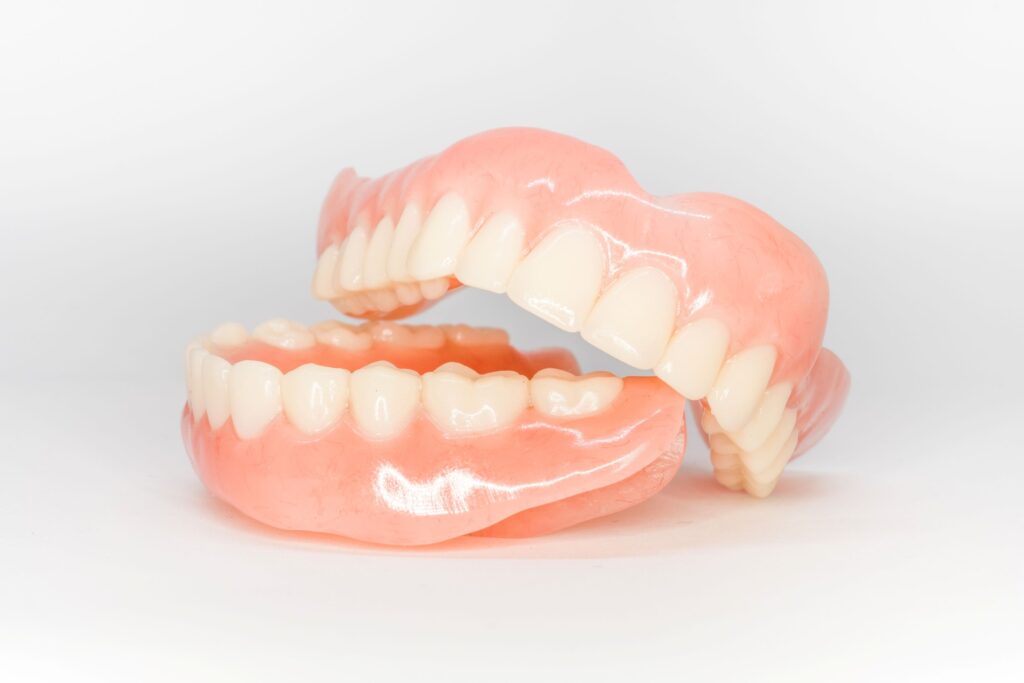
Tooth loss can detract from your daily quality of life in several ways. Not only might you feel self-conscious about the changes to your looks, but you might also suffer changes to your diet and ability to pronounce certain words.
Your dentist can provide full or partial dentures to rebuild your smile’s appearance and functionality, but it can take some time to relearn how to talk with your new teeth in place. Continue reading to learn more about how your restoration might affect your communications and how to overcome these concerns!
How Do Dentures Impact Speech Patterns?
Your teeth are essential in your ability to speak with others because you press your tongue against their surfaces in specific ways to form various sounds. Your dentures close the spaces in your smile so that you have two complete arches to work with, but it often takes about a month for your tongue and the other supporting muscles, ligaments, and tissues in your mouth to adjust to their presence.
Many people develop a slur or a lisp during this time, especially regarding “s”, “th” and “v” sounds, but it typically fades once they acclimate to their restoration’s dimensions. Thankfully, there are proactive ways to relearn how to speak with dentures that can hasten this transitional period.
How Can I Overcome Denture-Related Changes to My Speech?
There are several tips you can try to overcome the changes to your speech patterns that often come when you start wearing new dentures, such as:
- Use an adhesive. Part of the reason it’s difficult to speak with your restoration is that you must learn how to hold your teeth in place while using them to form words. Using a denture glue, like a cream, keeps them rooted more firmly in place, so it’s easier to talk.
- Practice slowly. Speaking slowly at home helps your muscles learn new patterns and movements in a safe setting where you won’t be judged for any errors.
- Read out loud. Try reading to yourself out loud so you can hear trouble areas to target with additional practice.
- Record yourself. You can also record yourself reading or speaking out loud, so you can find certain sounds or words to rehearse.
- Bite and swallow technique. Many patients find it helpful to bite down firmly and swallow excess saliva to firmly anchor their teeth before opening their mouths to speak.
If you continue to experience challenges enunciating after a month with your dentures, contact your dentist so they can ensure your restoration fits correctly!
Meet the Author
Dr. Harvey Mahler has 40+ years of experience helping families enhance their lives by improving their oral health. He earned his dental degree from the Georgetown University School of Dentistry and is a trusted member of the American Dental Association. Today, he offers a comprehensive array of services at one convenient location, including dentures. He combines a holistic approach to dental care with state-of-the-art equipment to improve your comfort while delivering accurate results meant to last. If you need to replace missing teeth, you can request an appointment on the website or call (312)263-5262.
